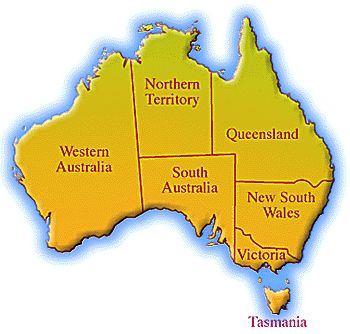Australia's Labor delivers Robin Hood budget
 Sydney - Australia's new Labor government played Robin Hood in its first budget with a redistribution of wealth that sees the rich being deprived of perks and the poor benefiting from the introduction of means-tested welfare.
Sydney - Australia's new Labor government played Robin Hood in its first budget with a redistribution of wealth that sees the rich being deprived of perks and the poor benefiting from the introduction of means-tested welfare.
"For too long working families have watched the proceeds of the boom directed elsewhere in the form of tax cuts skewed to those already doing very well," Treasurer
(finance minister) Wayne Swan told Parliament. "Tonight, we tip the scales in favour of working families."
The so-called baby bonus that is now paid to every new mother regardless of household income will be income-tested as will other welfare payments. The tax slapped on luxury cars went up from 25 per cent to 33 per cent and employers will no longer be able to claim tax relief on employment perks like laptops and meal allowances.
"If everyone pays their fair share of tax, rates can come down," Swan said when delivering spending plans for the financial year beginning in July.
Identifying rising inflation as the big bogey, Swan matched new spending of 27 billion Australian dollars with spending cuts of 33 billion Australian dollars that will see some civil servants shown the door and some programmes axed.
But the continuing huge tax returns expected from the buoyant mining sector meant Swan could forecast a cash surplus of 21 billion Australian dollars (19 billion US dollars) for next financial year - a figure that is 1.8 per cent of gross domestic product.
"It's a surplus built on disciplined spending with the lowest real increase in government spending in nearly a decade," Swan said.
Labor swept the conservatives from power in an election in November and Prime Minister Kevin Rudd has been keen to present himself a careful money manager - like John Howard, the conservative warhorse who was in power for 11 years.
Eight consecutive interest rate increases imposed by the independently minded Reserve Bank of Australia (RBA) have not tamed inflation, which has breached the 4 per cent the RBA considers prudent.
Swan said inflation should peak at 4.75 per cent in 2009 if the government continued to rein in spending and find ways to cut expenditure further.
Analysts said the trick Swan was trying to pull off was to douse inflation without curbing economic growth. (dpa)